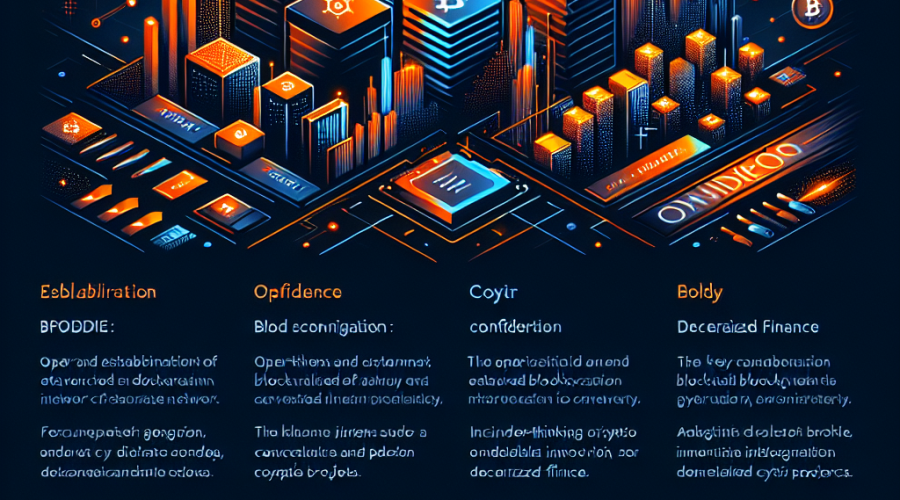Hong Kong Central Bank Reveals Lenient Capital Requirements for Cryptocurrency Assets
In recent reports emerging from Hong Kong, the region’s de facto central bank, the Hong Kong Monetary Authority (HKMA), has presented details for less stringent capital requirements targeting banks that hold specific cryptocurrency assets. The move is part of Hong Kong’s increasing efforts to establish itself as a central hub for cryptocurrency-related ventures.
The CRP-1 Supervisory Policy
The HKMA issued a consultation paper on Monday, introducing a novel supervisory policy manual module, coined as CRP-1. This module explains the classification of crypto assets according to the Basel Committee on Banking Supervision’s global capital standards. Financial news outlet, Caixin, confirmed these regulations are slated for implementation within Hong Kong’s jurisdiction starting early 2026.
The Basel standards, which set minimum capital requirements for banks worldwide, are being adapted to Hong Kong’s unique regulatory landscape under the supervision of the HKMA. The intent of this shift in capital requirements is to streamline and harmonise the international banking sector. The introduction of the CRP-1 module dives into these standards and highlights its focus on crypto assets that operate on permissionless blockchains.
The Impact on Crypto Assets
As per the proposed guidelines, crypto assets designed on permissionless blockchain networks could potentially qualify for reduced bank capital requirements. This is, however, tied to the condition that their issuers have implemented effective risk management measures and devised strategies for mitigation.
The implementation of these standards and regulations indicates that Hong Kong is becoming increasingly receptive to the workings of the crypto industry. It has set up licensing frameworks for cryptocurrency exchanges and stablecoin issuers, even as China, its mainland counterpart, continues to maintain its ban on cryptocurrency trading and mining.
Strengthening Custody Practices
Toward the end of August, the Hong Kong Securities and Futures Commission necessitated enhanced custody practices for client assets held by licensed crypto trading platforms. In this highly digital world, the protection of client assets is critical for ensuring survival and establishing trust in the volatile marketplace.
Striking a Balance: Cryptocurrency and Regulation
Given its complex nature, trading with cryptocurrency requires a careful balance of benefit-maximisation and risk-minimisation. Hence, the proposed changes in regulations attest that there are genuine efforts being made to create a rigid yet flexible framework. This allows cryptocurrency businesses to thrive while ensuring that customer assets remain intact and protected from potential threats.
Moreover, these changes symbolize Hong Kong’s increasingly favorable stance towards blockchain technologies. It reflects the region’s readiness to adapt to a rapidly-evolving financial landscape, cognizant of the ongoing surge in cryptographic assets and blockchain-based applications.
Furthermore, while the rules have been framed with an eye on the future, they underline an essential prerequisite for both issuers and holders of cryptocurrency: effective risk management. This new regulatory structure sends a strong signal to all investors – those currently using cryptocurrencies and those considering doing so – that the safe and trusted use of cryptocurrencies stands on the pillars of strong risk management and regulatory compliance.
Hong Kong is evidently embracing the new epoch of cryptocurrencies, and its regulatory adjustments will go a long way in setting a precedent for other regions grappling with uncertainties revolving around trading with cryptocurrencies. These reformed guidelines provide a clear direction that Hong Kong intends to move forward, ensuring a robust landscape for emerging digital assets.
Disclaimer: This article is provided solely for informational purposes and should not be considered as legal, tax, investment, financial, or other advice. All information is current as of the date of publication and is subject to change without prior notice.


















